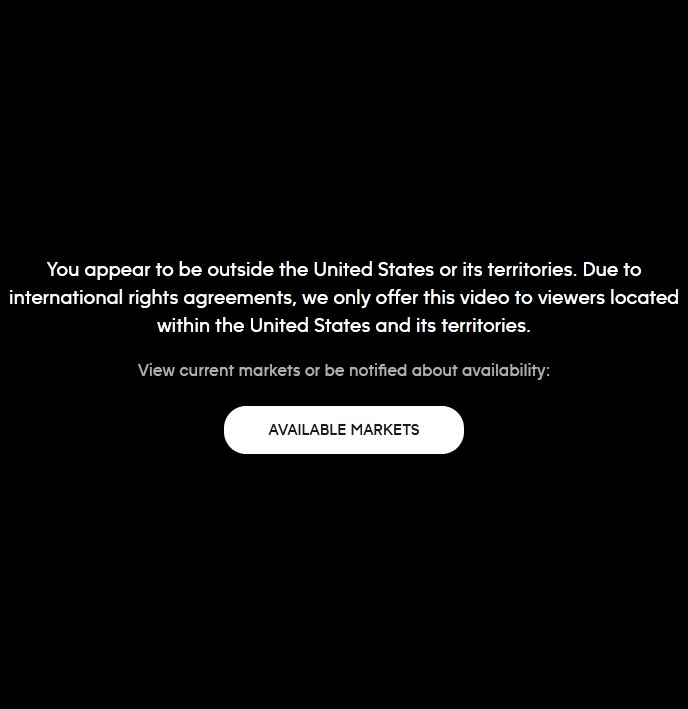Who is this article for?
This article is for internet users that live, work, or travel outside of the United States.
That might include:
- international journalists,
- diplomats and their families,
- international sales people,
- teachers teaching in foreign schools,
- international consultants,
- thousands of military service members stationed abroad,
- actually anyone working aboard in any capacity,
- and even citizens of countries outside the US.
While most of these people are probably US citizens, there are many people from other major countries, such as, UK and European countries that want or need to stay atop of the world news and opinion by watching the US programming. Some foreigners say that the US programming offers better coverage, others say they just appreciate the American perspective. And of course, there are people in the oppressed countries like China that would love to get the facts from the US news as well as enjoy the entertainment programming.
Why people want to watch US TV from abroad
Surveys shows that most people using a VPN to watch US TV from abroad are doing so for the US side of the news. Without a VPN, one might be stuck with BBC news, Al Jazeera, and Bloomberg news. Those TV channels do briefly cover the US news, but they are mostly focused on their own area of the world. If you watch sports news on those channels, you will see more soccer news and cricket news than ever before. You probably will not hear about the latest NFL trades, injuries, or scores.
The best solution
There is no disagreement between internet experts that the best solution for watching US TV from abroad is a quality Virtual Private Network, (VPN). The reason for this is simple, a quality VPN will change your IP, which reveals your location, to a fast US IP which the TV broadcaster will accept. Other solutions, such as, renting a US proxy or TOR will not give you the results that you are looking for. Proxies are just not fast enough and the TV broadcasters will recognized them. TOR will not give you a US IP address – it connects to nodes around the world at random.
How do VPNs work
To understand how a VPN will work with your browser, you first need to have a basic idea of how your browser works by itself. Let’s take a hypothetical, simplistic example to illustrate:
Harry is an international journalist employed by abc.com news and living in Chicago. Harry is currently on a rest break so he is at his home in Chicago and is surfing the web. Harry types abc.com into his browser’s address bar and hit’s the ENTER key. Since Harry is at home in Chicago, he is not using his VPN. Harry’s browser sends a request for abc.com to Harry’s Internet Service Provider, (ISP). Next, Harry’s ISP obtains the homepage for abc.com and returns it to Harry’s browser for Harry to view. All is well.
The next day Harry receives an assignment in Paris to cover a large fire. When Harry gets to his hotel in Paris, he quickly opens his laptop and types in abc.com/watch-live/abc in order to check the current coverage of the fire. Harry’s browser sends that request to the hotel’s ISP, but the ISP returns an error to Harry’s browser that that streaming video page is not available.

Harry remembers that he needs his VPN in order to view ABC’s streaming content while outside of the US. Harry simply logs into his VPN account and chooses a US location for his browser. Harry resends his request for abc.com/watch-live/abc and his VPN returns the streaming video coverage of the Paris fire as if Harry was still in the US. Success! Now Harry can send more details of the fire to his home office.
Hopefully, that gives you a simple picture of how a VPN can allow you to watch TV from abroad.

